Artificial Intelligence
-
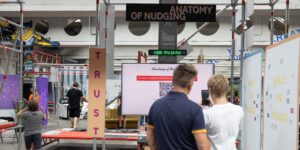
Anatomy of Nudging
Transparent AI for Society
The installation Anatomy of Nudging aims to involve users in the utilization of artificial intelligence and thus create a trusting relationship with AI. Anatomy of Nudging was the first installation of the Collective Transformation Lab – an enlightening self-reflection platform by the Japanese AI start-up Godot and the Ars Electronica Futurelab.
-
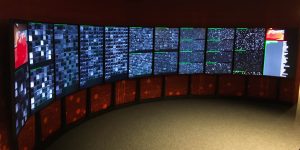
Mission KI
Hands-On Exhibits on Artificial Intelligence
In collaboration with the Ars Electronica Futurelab, the Deutsches Museum in Bonn has reinvented itself to become a central platform for the future topic of artificial intelligence: in two themed experience rooms, visitors to the Mission KI (Mission AI) exhibition can now explore the key technology of the 21st century.
-
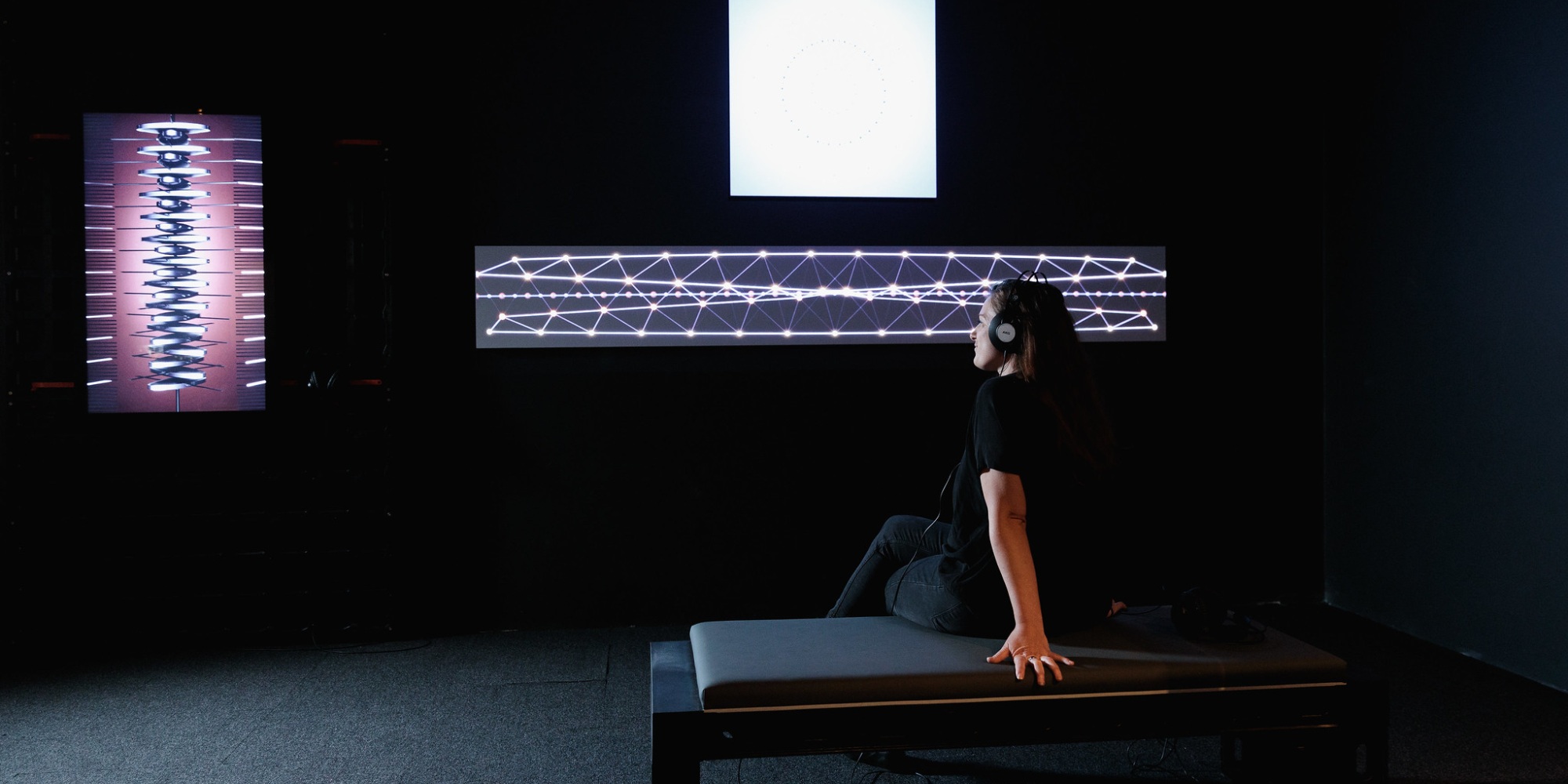
AI x Music
Exhibition at the Ars Electronica Center
The potential of artificial intelligence in musical applications has been demonstrated by various projects in recent years. Modern AI can certainly be seen as another step towards expanding musical possibilities through the use of technology.
-
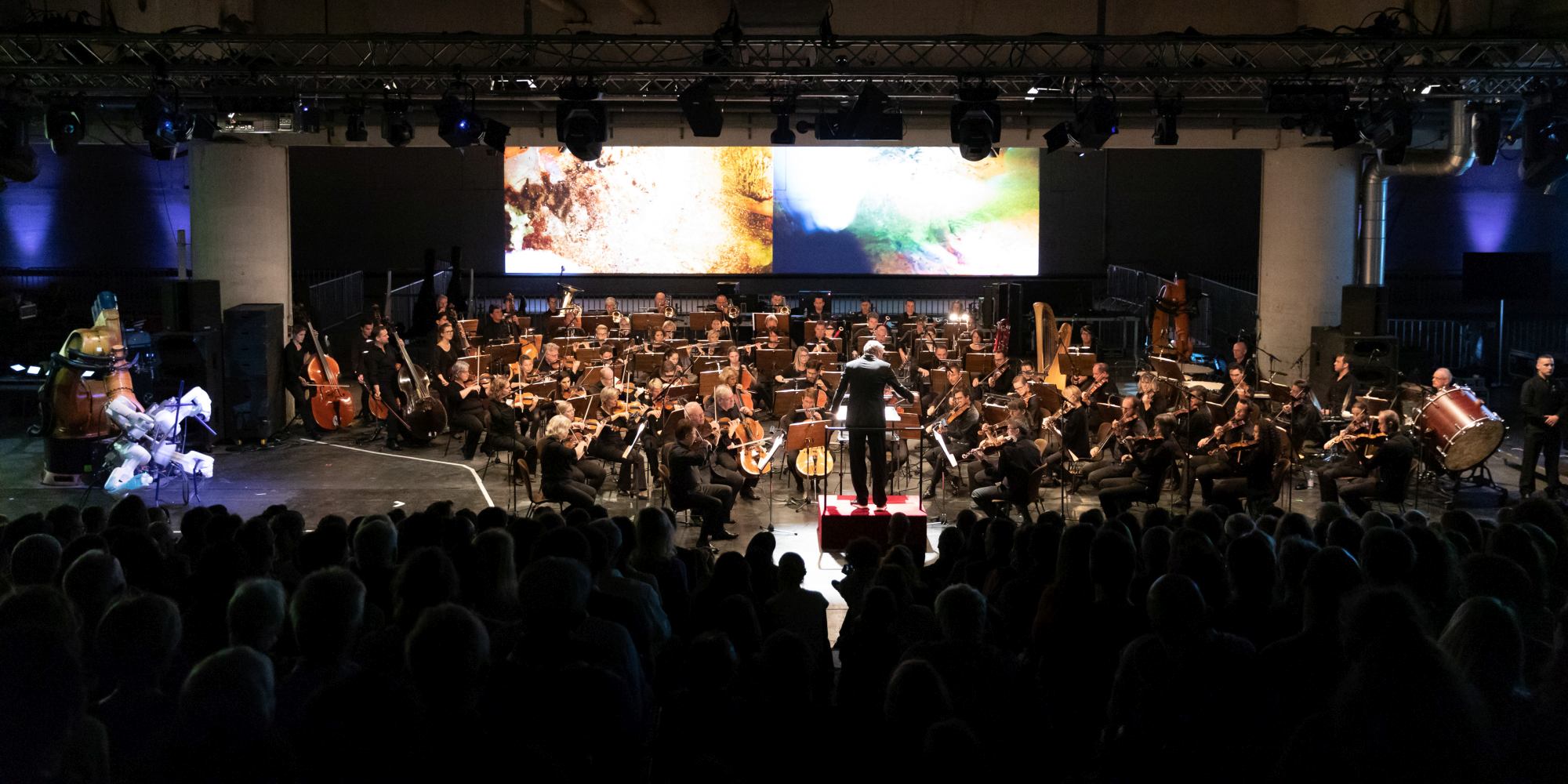
Mahler-Unfinished
Music made by man and machine: For the Big Concert Night at the 2019 Ars Electronica Festival, Ali Nikrang, Key Researcher at the Ars Electronica Futurelab, added to Gustav Mahler’s unfinished Tenth Symphony – together with an artificially intelligent algorithm.
-

Understanding AI
What can we understand by the term Artificial Intelligence and what do we want to understand by it? What do we actually understand about human intelligence and what does it have to do with attempts at modelling it?
-
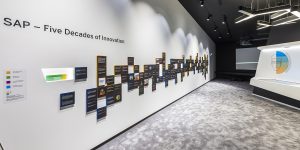
Augmented Humanity @SAP Pavilion
In 2012, Europe’s largest software manufacturer SAP commissioned the Ars Electronica Futurelab with a representative work on the 40th anniversary of the former start-up. The exhibition format “40 – years of Future” was specially developed for the planned company museum in order to communicate the company’s history and key inventions to the general public.